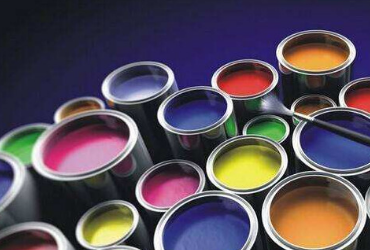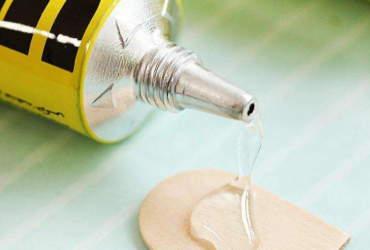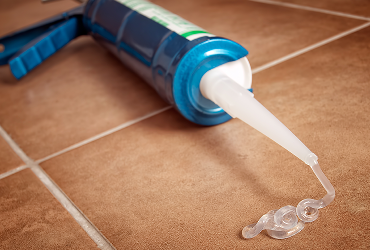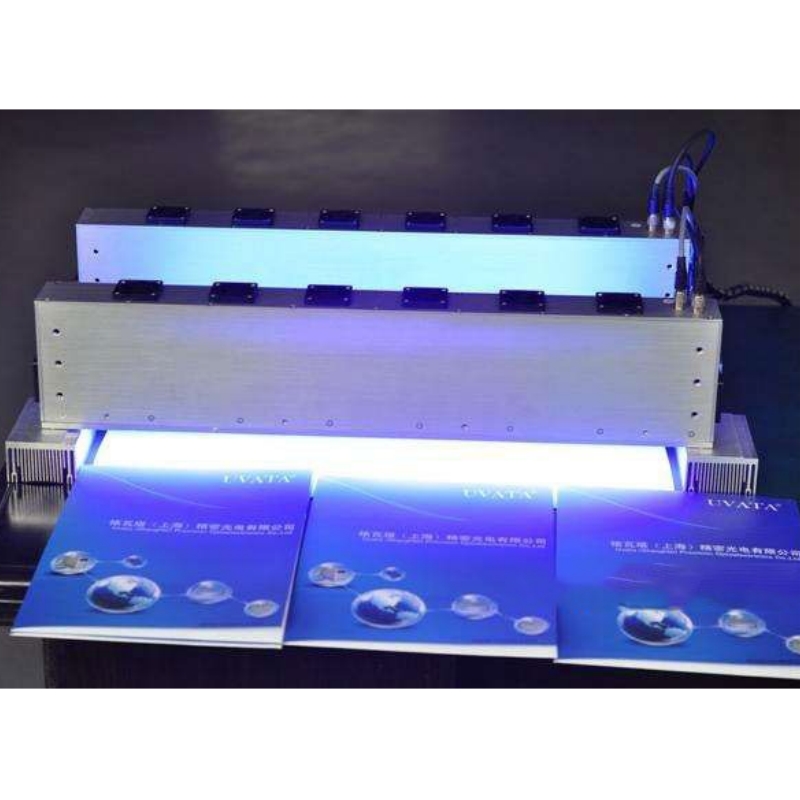BPA-free, first this study shows that the formulation can be improved by substituting PEA for BPA-containing epoxy acrylates. In addition to the obvious advantages of being a BPA-free formulation, it also offers greater formulation freedom and enhanced performance benefits:
1) The viscosity is significantly reduced, which increases the convenience of operation, and the oligomer can be transferred from one container to another without heating.
2) Increased formulation freedom by allowing more polymeric oligomers to be added to the formulation, thereby enhancing performance without adversely affecting ease of mixing or increasing application viscosity.
3) The four-functional PEA has a faster UV curing speed than the two-functional epoxy acrylate.
Compared with epoxy acrylate, PEAs themselves have better anti-yellowing properties.
Acid functional monomers, AFM these components have the following advantages:
1) Able to promote adhesion to a variety of metal substrates, including aluminum, cold-rolled steel, and tin-plated steel.
2) Not limited to metal bonding, as these monomers are added to formulations on other substrates, such as wood and plastics, to bond well.
3) Good adhesion can be obtained with a low level of addition. Tests have shown that the optimal level is around 7%, with minimal impact on other performance.
4) Testing has also shown that these materials not only improve adhesion to the substrate, but in applications such as wood, there is greater intra-coat adhesion in multi-coat applications.
It should be noted again that AFM should not be used with amines as instability may result.
Adhesion oligomer APO
These oligomers work best when they are the main ingredient or one of the main ingredients in the formulation. Tests show that the proportion of APO in the formula should be 20%-50%. But they do offer the following benefits:
1) It is proved by water immersion test that the moisture resistance is improved and 100% cross adhesion is produced. Provides yellowing resistance and gloss retention comparable to aliphatic urethane acrylates exposed to QUV for 5 years in Florida.
2) Formability is improved by increasing the reverse impact value of TPS.
3) No amine sensitivity like AFM


2022-08-03




2025-01-06